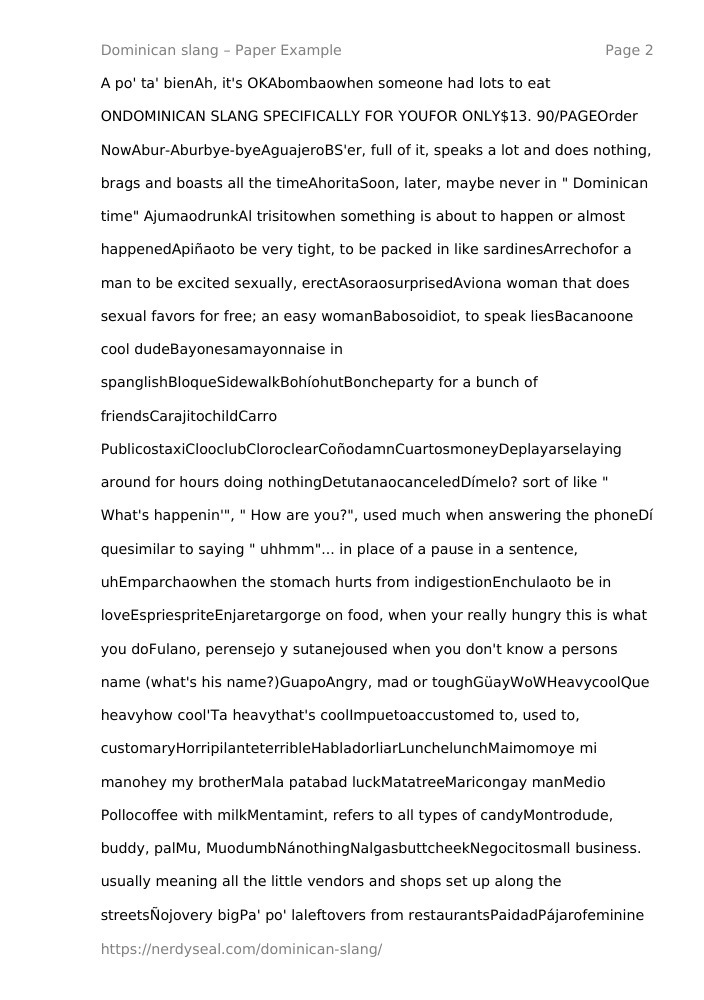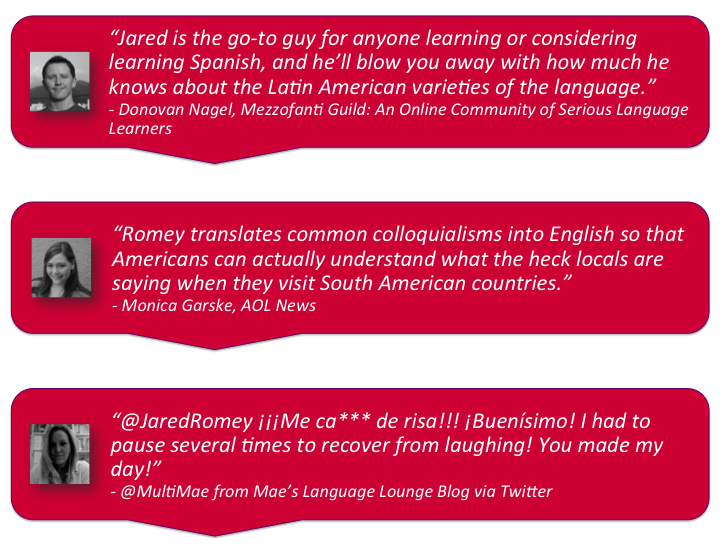Popote is a Dominican slang term that has become increasingly popular, both within the Dominican Republic and beyond its borders. This term, rich in cultural significance, reflects the vibrant and diverse nature of Dominican culture. Whether you're a language enthusiast, a traveler, or simply curious about global slang, understanding popote can open doors to deeper cultural connections.
The Dominican Republic, known for its lively music, breathtaking beaches, and warm hospitality, has also contributed significantly to the world of slang. Popote, as a term, is more than just a word; it encapsulates the essence of Dominican street language and the way Dominicans express themselves. As we delve deeper into this article, you will discover the origins, meanings, and various contexts in which popote is used.
By the end of this guide, you will not only understand what popote means but also appreciate its role in Dominican culture. This knowledge can enhance your interactions with Dominicans, whether you're planning a trip to the island or simply want to expand your linguistic horizons. Let's explore the world of popote together!
Read also:East Texas Bbq Drama A Comprehensive Exploration Of The Juiciest Stories In The Pit Smoke Scene
Table of Contents
- The Origin of Popote
- What Does Popote Mean?
- How Is Popote Used in Conversations?
- Cultural Significance of Popote
- Dominican Slang: Popote in Context
- Real-Life Examples of Popote
- Variations and Similar Slang Terms
- Historical Development of Dominican Slang
- The Global Impact of Popote
- Conclusion and Next Steps
The Origin of Popote
The word popote has deep roots in the Dominican Republic's linguistic heritage. It emerged as part of the everyday language spoken by Dominicans, particularly in urban areas where slang evolves rapidly. The exact origin of popote remains somewhat elusive, but it is believed to have been coined in the bustling streets of Santo Domingo, the capital city.
Historical Context
During the late 20th century, Dominican slang began to gain prominence as a means of self-expression and identity. Popote, like many other slang terms, was born out of the need to create a distinct language that reflected the unique experiences of Dominicans. It quickly spread through music, media, and social interactions, becoming a staple in Dominican vernacular.
Social dynamics also played a significant role in the evolution of popote. As Dominicans migrated to other countries, particularly the United States, they carried their slang with them, influencing global linguistic trends. This diaspora helped popote gain international recognition and adaptability.
What Does Popote Mean?
At its core, popote refers to a person who is considered unimportant or irrelevant. However, the meaning can vary depending on the context and tone in which it is used. In some instances, popote can be a playful insult among friends, while in others, it may carry a more derogatory connotation.
Read also:Gino Knife The Ultimate Guide To Precision And Durability
Contextual Usage
- Playful Teasing: Among close friends, popote might be used as a lighthearted way to tease someone who is acting silly or out of character.
- Derogatory Insult: In more serious situations, popote can be used to belittle or dismiss someone, often in a hurtful manner.
- Figurative Expression: Popote can also be used metaphorically to describe something that lacks significance or value.
Understanding the nuances of popote's meaning is crucial for using it appropriately and avoiding misunderstandings in conversations.
How Is Popote Used in Conversations?
Popote is a versatile term that can be incorporated into various types of conversations. Its adaptability makes it a favorite among Dominicans and those familiar with Dominican slang. Here are some examples of how popote might appear in everyday dialogue:
Everyday Scenarios
Imagine two friends chatting about a recent event:
"Man, that guy at the party was such a popote. He kept trying to impress everyone but failed miserably!"
Or consider a situation where someone is expressing frustration:
"Why do you keep wasting your time with that popote? Focus on things that matter!"
These examples illustrate how popote can be seamlessly integrated into casual conversations, adding flavor and personality to the dialogue.
Cultural Significance of Popote
Popote is more than just a slang term; it is a reflection of Dominican culture and values. The use of slang in Dominican society serves as a way to bond, express humor, and assert identity. Popote, in particular, highlights the Dominican penchant for direct communication and the importance of hierarchy in social interactions.
Identity and Expression
For many Dominicans, slang like popote is a source of pride and a way to connect with their roots. It distinguishes them from other cultures and reinforces a sense of belonging. Additionally, slang often evolves with societal changes, making it a dynamic and ever-changing aspect of Dominican life.
Moreover, popote's usage can vary across different regions within the Dominican Republic, showcasing the country's linguistic diversity. This regional variation adds depth to the term's cultural significance and underscores the importance of understanding local contexts when using it.
Dominican Slang: Popote in Context
To fully appreciate popote, it is essential to explore the broader landscape of Dominican slang. The Dominican Republic is renowned for its rich slang vocabulary, which includes terms like guayarse (to fool around), chapara (girlfriend), and mofongo (a popular dish). Each of these terms contributes to the vibrant tapestry of Dominican street language.
Common Dominican Slang Terms
- Guarapo: A traditional Dominican drink made from sugarcane juice.
- Picadera: A place where people gather to socialize and have fun.
- Jumo: A term used to describe someone who is overly enthusiastic or energetic.
Popote fits seamlessly into this vibrant linguistic ecosystem, enhancing the richness and diversity of Dominican slang. Its use alongside other slang terms creates a unique and engaging conversational style that is quintessentially Dominican.
Real-Life Examples of Popote
To better understand how popote is used in real-life situations, let's examine some authentic examples:
Example 1: Social Media
On platforms like Instagram and Twitter, Dominicans often use popote to comment on posts or engage in playful banter. For instance, a user might reply to a friend's post with:
"You trying to act all fancy, but we know you're just a popote!"
Example 2: Music
Popote has also made its way into Dominican music, particularly in reggaeton and bachata songs. Artists incorporate the term to convey themes of humor, identity, and social commentary. For example:
"No seas popote, ven conmigo y vive la vida!"
These examples demonstrate the versatility and widespread use of popote in various aspects of Dominican life.
Variations and Similar Slang Terms
While popote is a distinct term, it shares similarities with other slang words both within and outside the Dominican Republic. Understanding these variations can provide a broader perspective on the term's usage and evolution.
Similar Slang Terms
- Pelotudo: A term used in Argentina and Uruguay to describe someone who is foolish or irrelevant.
- Bobo: A common Spanish word meaning "stupid" or "fool," often used in a playful context.
- Chafa: A Mexican slang term used to describe something of poor quality or unimportant.
These variations highlight the interconnectedness of slang across different Spanish-speaking countries and the shared cultural elements that influence their development.
Historical Development of Dominican Slang
The history of Dominican slang is a fascinating journey through time, reflecting the country's social, political, and cultural transformations. From the early days of colonization to the modern era, slang has evolved alongside Dominican society, adapting to new influences and challenges.
Key Influences
Several factors have shaped the development of Dominican slang:
- African Heritage: The African roots of many Dominicans have significantly influenced slang, introducing rhythmic and expressive elements.
- Spanish Language: As the official language of the Dominican Republic, Spanish provides the foundation for slang, with many terms derived from its vocabulary.
- Globalization: The increasing interconnectedness of the world has introduced new words and phrases into Dominican slang, enriching its lexicon.
This historical development underscores the dynamic nature of Dominican slang and its ability to adapt to changing times while maintaining its cultural authenticity.
The Global Impact of Popote
As the world becomes more connected, Dominican slang like popote has gained international recognition. Social media platforms, music, and global travel have all contributed to the spread of Dominican slang, introducing it to new audiences and cultures.
Cultural Exchange
The global impact of popote is evident in its adoption by non-Dominicans who appreciate its humor and cultural significance. This cultural exchange enriches global linguistic diversity and fosters greater understanding between people from different backgrounds.
Moreover, the popularity of popote highlights the importance of preserving and celebrating cultural heritage. By embracing slang like popote, we honor the traditions and identities of the communities that created them.
Conclusion and Next Steps
Popote is more than just a Dominican slang term; it is a window into the vibrant and dynamic culture of the Dominican Republic. Through its origins, meanings, and cultural significance, popote offers valuable insights into the way Dominicans communicate and express themselves.
Call to Action
We encourage you to explore further by engaging with Dominican culture, whether through music, literature, or travel. Share your thoughts and experiences in the comments below, and don't hesitate to explore other articles on our site for more insights into global slang and culture.
By embracing terms like popote, we not only expand our linguistic horizons but also deepen our appreciation for the diverse world we live in. So, go ahead and incorporate popote into your conversations—just remember to use it responsibly and respectfully!


